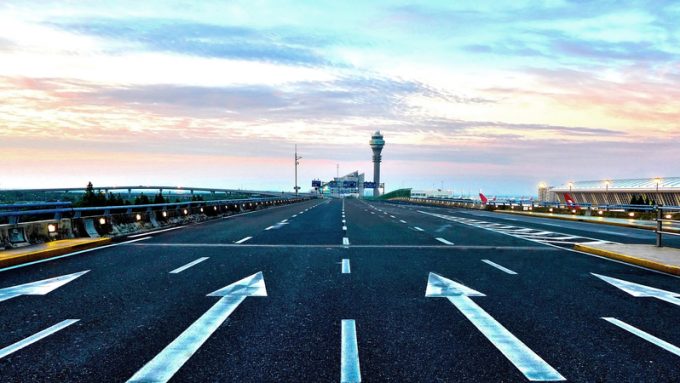Air cargo watches and waits as trade chaos creates 'slowbalisation'
Air cargo is in a “wait-and-see moment”, as the industry tries to navigate through the ...

China’s master co-loaders have accused airlines of “greed” and “sneaky practices” following the breaking of BSA contracts.
While they acknowledge that additional GRIs and surcharges on top of their rates are reasonable in the current market, they are far less sympathetic to the sharp practices many airlines have indulged in since August in a bid to raise rates by three or four times the amount agreed.
“The master co-loaders make year-round or seasonal BSA deals, with the agreement based on ULD allotment on individual flight numbers,” explained Christos Spyrou, ...
Asia-USEC shippers to lose 42% capacity in a surge of blanked sailings
USTR fees will lead to 'complete destabilisation' of container shipping alliances
Outlook for container shipping 'more uncertain now than at the onset of Covid'
New USTR port fees threaten shipping and global supply chains, says Cosco
Transpac container service closures mount
DHL Express suspends non-de minimis B2C parcels to US consumers
Zim ordered to pay Samsung $3.7m for 'wrongful' D&D charges
Flexport lawsuit an 'undifferentiated mass of gibberish', claims Freightmate

Comment on this article